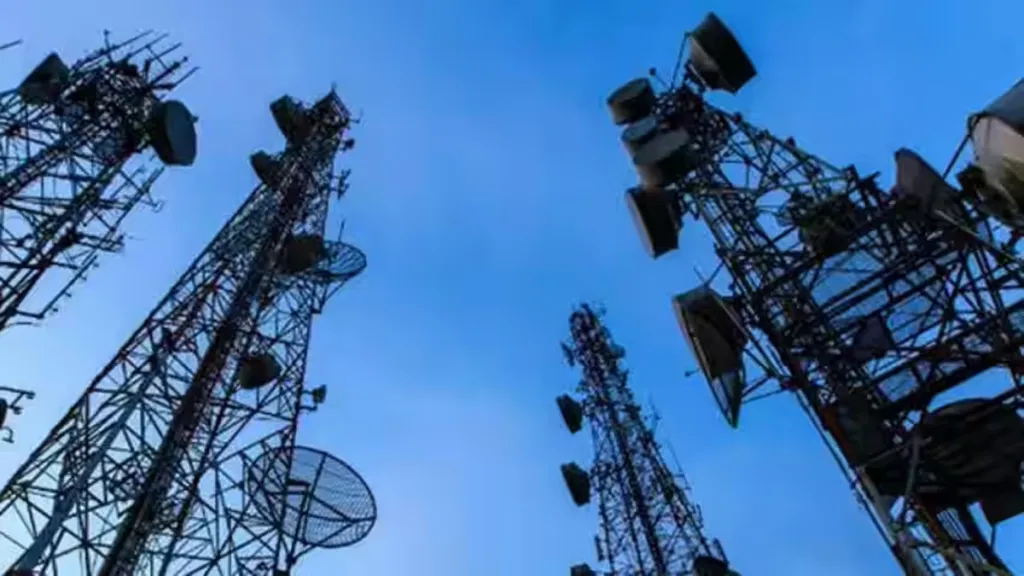The more things change, the more they remain the same. Just when one thought that the legacy issues dividing the telecom industry over policy and regulatory concerns were a thing of the past, squabbling over satellite spectrum allocation started. Way back in 2006, Ratan Tata was the first to demand auctioning of spectrum for mobile services. He faced strong opposition from Bharti Airtel’s Sunil Mittal who said if Tata had so much money, he should think of donating it to the Prime Minister’s relief fund. Tata’s advocacy for auction was not out of love for maximising government revenues. Tata Teleservices was way behind competitors in terms of user base, which was the basis for allocating additional spectrum, so he feared that the scarce raw material would be gobbled up by others before his turn came.
Cut to 2024, there’s no shortage of spectrum and the number of players are also limited, but regulatory battles amongst operators have moved on to another arena — satellite communication services. Satcom services are very different from mobile operations. It uses satellites for reaching far-flung, remote areas and hilly regions where terrestrial networks can’t reach. Naturally, the services are prohibitively expensive and operators need to partner with mobile operators for last-mile connectivity. Bharti Enterprises’ OneWeb, Reliance Jio, Elon Musk’s Starlink, and Amazon’s Project Kuiper are some of the players who have evinced interest to operate the services in India. Naturally, the issue of how spectrum should be allocated became the central issue. Bharti, Starlink, and Amazon have always held that unlike mobile spectrum, satellite spectrum is a shared commodity which is not given exclusively to any operator, therefore it does not meet the fundamental prerequisite for being auctionable. They have rightly backed this position by highlighting that nowhere in the world is this spectrum auctioned.
However, Jio has been a dissenter and has consistently held the position that same service, same rules should apply and all spectrum should be allocated through auctions. It pointed out that the government is bound by the Supreme Court’s 2012 order to allocate all natural resources via auctions. Convinced about the technical constraints of auctioning this spectrum, the government, in the new Telecom Act passed last year, identified areas where spectrum can be allocated administratively. Any form of government services, like defence, public interest, and areas where there’s technical infeasibility, like satcom services, thus formed part of Schedule 1 of the Act. Accordingly, the Telecom Regulatory Authority of India (Trai) has been tasked with exploring the pricing mechanism for allocating spectrum administratively. The aim is to cover administrative costs. However, Jio has objected to this approach. Surprisingly, on Tuesday, even Mittal threw in his lot with Jio’s position, arguing for auction as far as retail services in urban areas is concerned. The fact, however, is such segregation of services is not possible and would enmesh the industry in legal complications of the CDMA-GSM days.
Communications minister Jyotiraditya Scindia has done well by standing his ground and maintaining that satcom spectrum across the world is administratively allocated, and India would do the same once Trai recommends an administrative pricing mechanism. It’s bizarre for Jio or Bharti to advocate auction on the grounds of same service, same rules. It would amount to asking for the same traffic rules for a bullock cart, a car, and a plane on the grounds that they are used for the same purpose — transportation.

